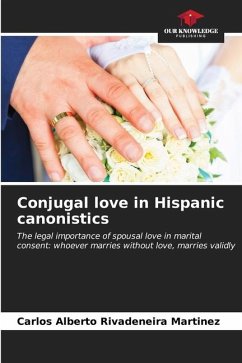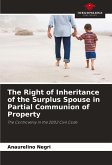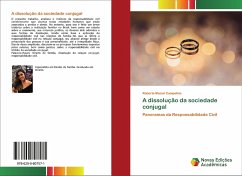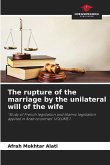Conjugal love, which is the greatest of friendships according to St. Thomas Aquinas, is the love of benevolence, the love of agape, where the good of my spouse interests me as much as my own good, it is a personal and total donation, exclusive, excluding, irrevocable, it is an element of the essence of matrimonial consent, it is identified with it, it is also its object. Without conjugal love, which is not mere infatuation but an act of will, there is no true marital consent. For can anyone want to celebrate the partnership of a lifetime, the community of life and love that is marriage, with its demands of fidelity, indissolubility, self-giving and total self-giving, if he or she does not love that person? I think that one cannot consent to marriage without love. And since consent is the efficient cause of marriage, without love there is no marriage because there is no consent. Marriage is not born either as a sacrament or as a contract. In this book different canonical doctrinaland jurisprudential positions are presented, in favor of considering marriage as an essential element of consent, or denying it juridical relevance because love is considered a metajuridical element.
Bitte wählen Sie Ihr Anliegen aus.
Rechnungen
Retourenschein anfordern
Bestellstatus
Storno








